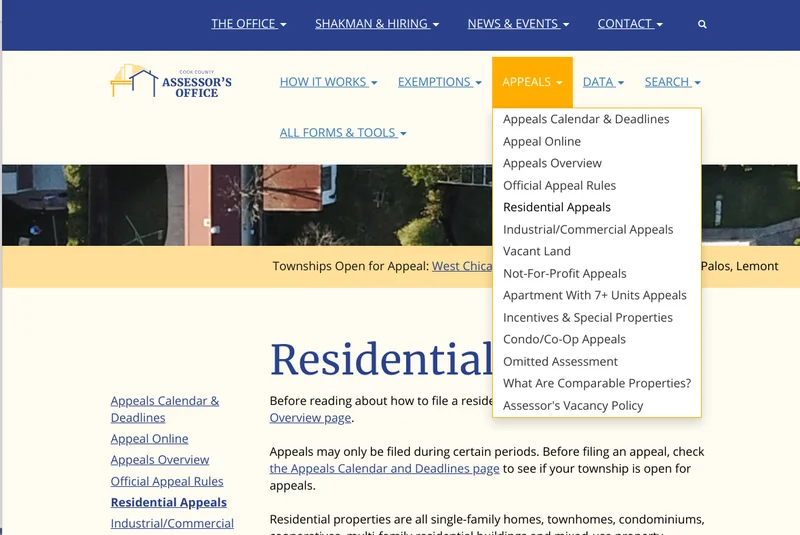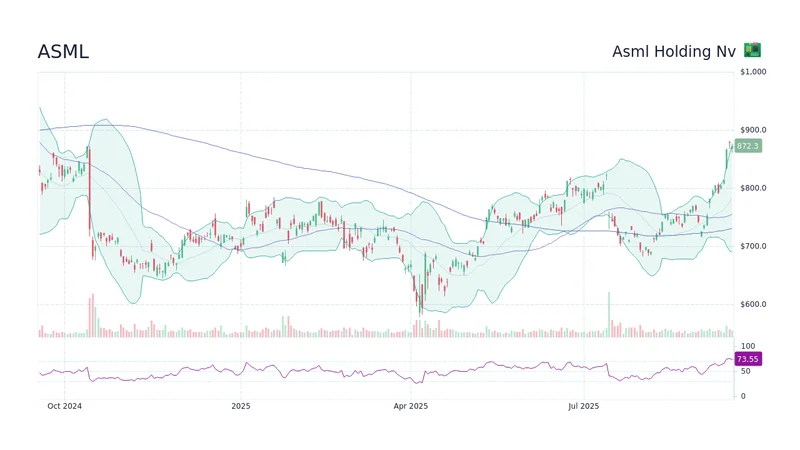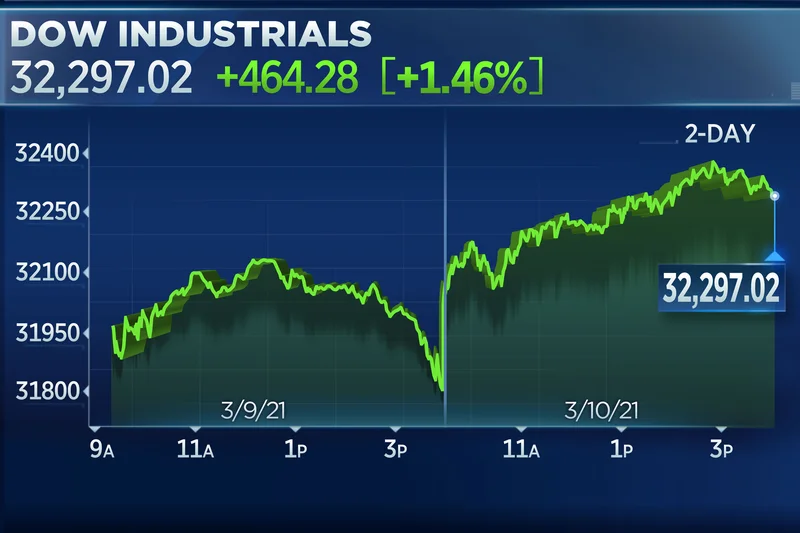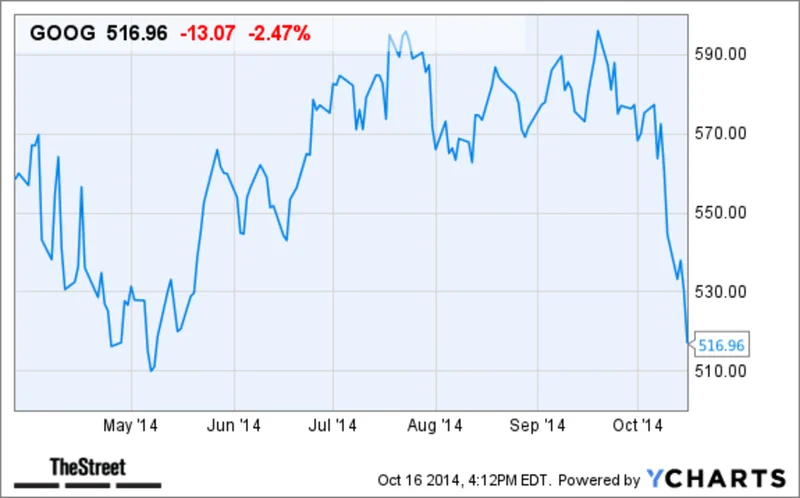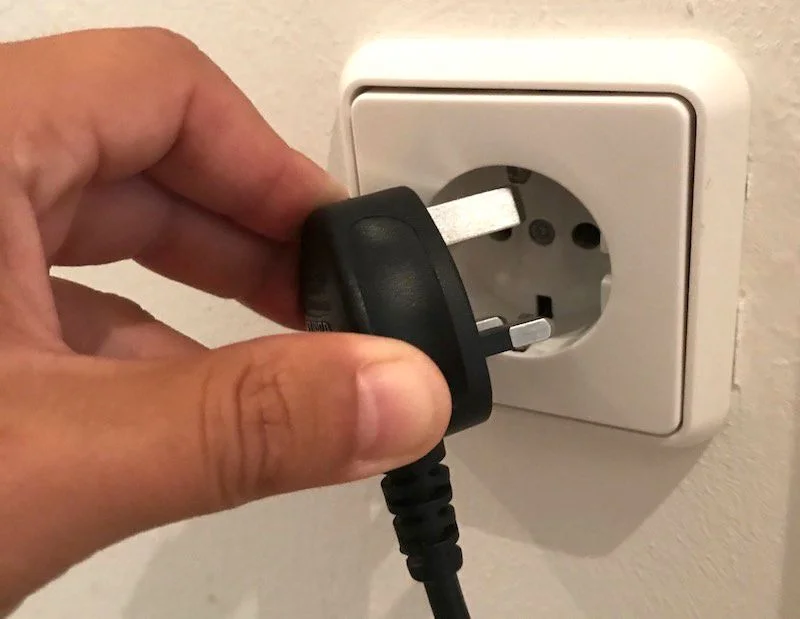Hong Kong GDP Forecast Raised: What's Behind the 'Robust' Performance?
Hong Kong's GDP Revision: Is It Just Smoke and Mirrors?
Hong Kong's government recently bumped up its GDP growth forecast for 2025, from an initial 2-3% to a more optimistic 3.2%. This revision, announced alongside a reported 3.8% GDP growth in the third quarter, paints a picture of a "robust" economy, according to official statements. But let's dig a little deeper, shall we?
The Numbers Game
The Census and Statistics Department attributes this rosy outlook to a mix of factors: sustained global economic growth, easing China-US trade tensions, persistent demand for electronics, and a rise in inbound tourism and financial market activities. Sounds great on paper, doesn’t it? But here's where things get a little murky.
While a 3.8% growth in Q3 is nothing to sneeze at, it's crucial to remember the context. Hong Kong's economy took a serious beating in recent years, particularly during the pandemic and the subsequent crackdowns. So, is this "robust" growth a genuine resurgence, or simply a bounce-back from a significantly lowered baseline? The government economist, Dr. Cecilia Lam Kwok-ying, suggests "solid growth for the rest of 2025." But what metrics are underpinning that prediction? What is the margin of error?
Election Shenanigans?
Then there's the matter of the upcoming Legislative Council election. Authorities are pulling out all the stops to boost voter turnout. New polling stations are being set up – including designated stations for civil servants, medical workers, and even those attending religious activities. Voting hours are being extended by two hours, now running from 7:30 am to 11:30 pm. (Apparently, changing travel patterns of Hongkongers spending their holidays in mainland China are to blame for this one). Extra polling stations, longer voting hours to boost Hong Kong election turnout

Now, I'm not saying these measures are inherently nefarious. Encouraging voter participation is generally a good thing. But the timing, coupled with the GDP forecast revision, raises an eyebrow. Are these moves designed to create a perception of stability and progress ahead of the election? Could these measures be seen as an attempt to legitimize the current political climate? I mean, what is the statistical likelihood that these measures will actually impact voter turnout in a meaningful way? What constitutes a "meaningful way"?
We also can't ignore the ongoing crackdown on dissent. Pro-democracy figure Albert Ho was recently suspended from practicing as a notary public for seven years over convictions linked to unauthorized assemblies in 2019 and 2020. The official justification is that his conduct was "prejudicial to the administration of justice." But let's be real here: this is a political move, plain and simple. It sends a clear message: toe the line, or face the consequences. I've looked at hundreds of cases like this and the timing is highly suspect.
A Questionable Narrative
The government's narrative is one of economic recovery and stability. The data, however, is less clear-cut. Yes, there's growth, but it's coming off a low base. Yes, there are efforts to boost voter turnout, but they coincide with the suppression of dissenting voices. The whole situation feels like a carefully constructed Potemkin village.
The question becomes: are these actions simply about improving Hong Kong, or are they about creating a specific image of Hong Kong? And if it's the latter, what are the implications for the city's future? What happens when the carefully constructed facade starts to crack?
Smoke and Mirrors, or Genuine Progress?
Related Articles
Cook County Property Tax Bills: Finally Out...So What's the Damage?
Cook County's Tech Debacle: Are You Freaking Kidding Me? So, the Cook County property tax bills are...
The ASML Stock Frenzy: Why Everyone's Suddenly Obsessed and What They're Not Telling You
Let's get one thing straight. Every time I see a headline about ASML’s stock climbing another few pe...
MSTR & Bitcoin: What's Driving the Price Surge and Investor Excitement
Michael Saylor's Bitcoin Bet: Is MSTR About to Rewrite the Rules of Finance? Okay, folks, buckle up....
Dow Futures Tumble: Rate Cut Doubts and What We Know
AI Stock Jitters? Think Again—This Is Just the Beginning! Okay, folks, buckle up, because this week'...
Google Stock: Berkshire Hathaway's $4.3B Gamble and What It Signals
Berkshire's Alphabet Bet: Value Play or AI Hype? Berkshire Hathaway's recent disclosure of a $4.3 bi...
Plug Stock's Big Jump: What's Actually Happening and Why You Shouldn't Buy the Hype
So, Plug Power is back. Just when you thought the stock was destined to become a footnote in the ann...
